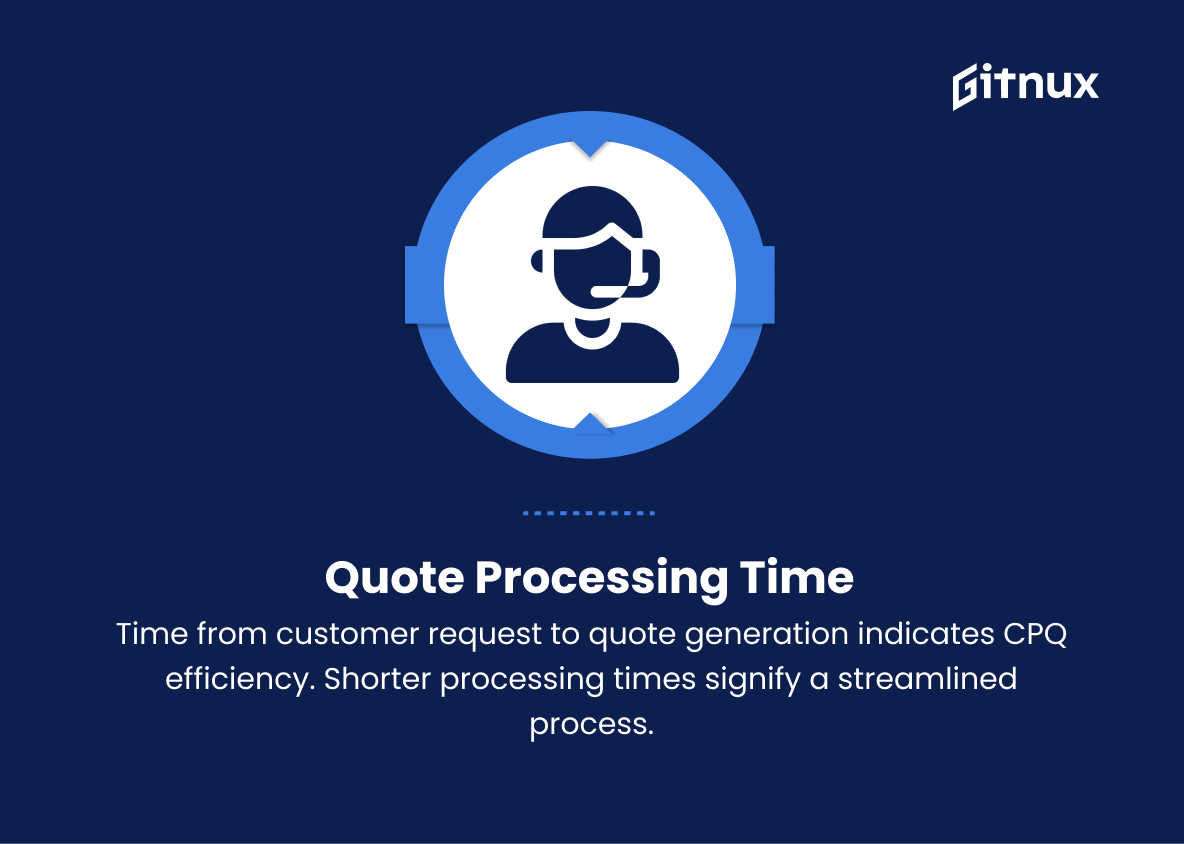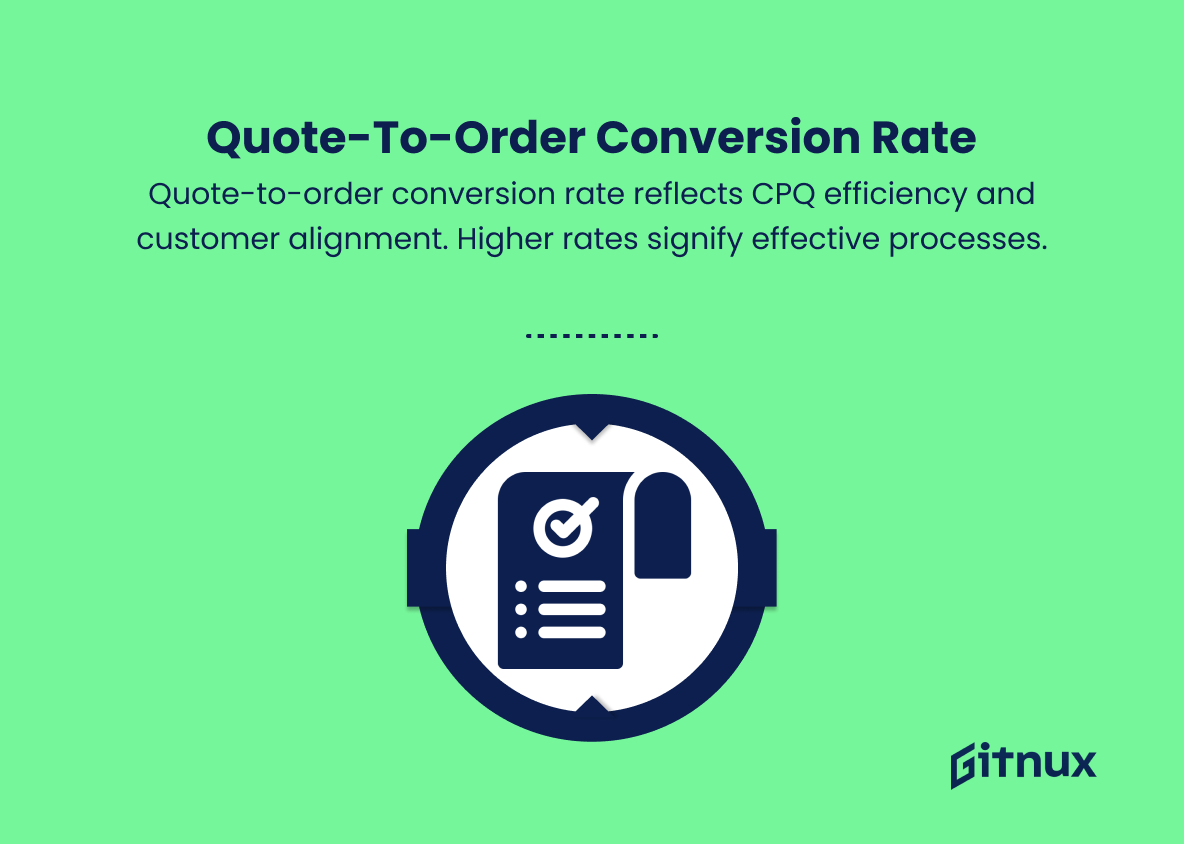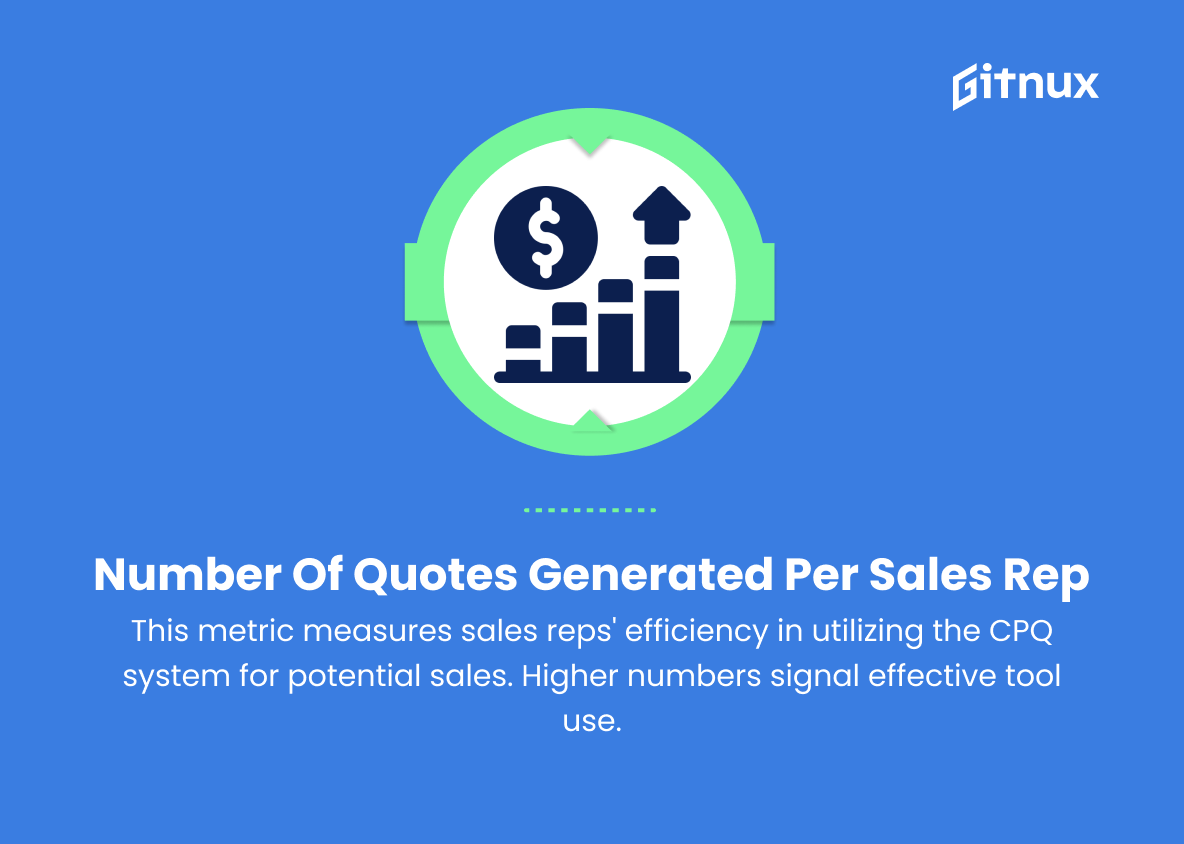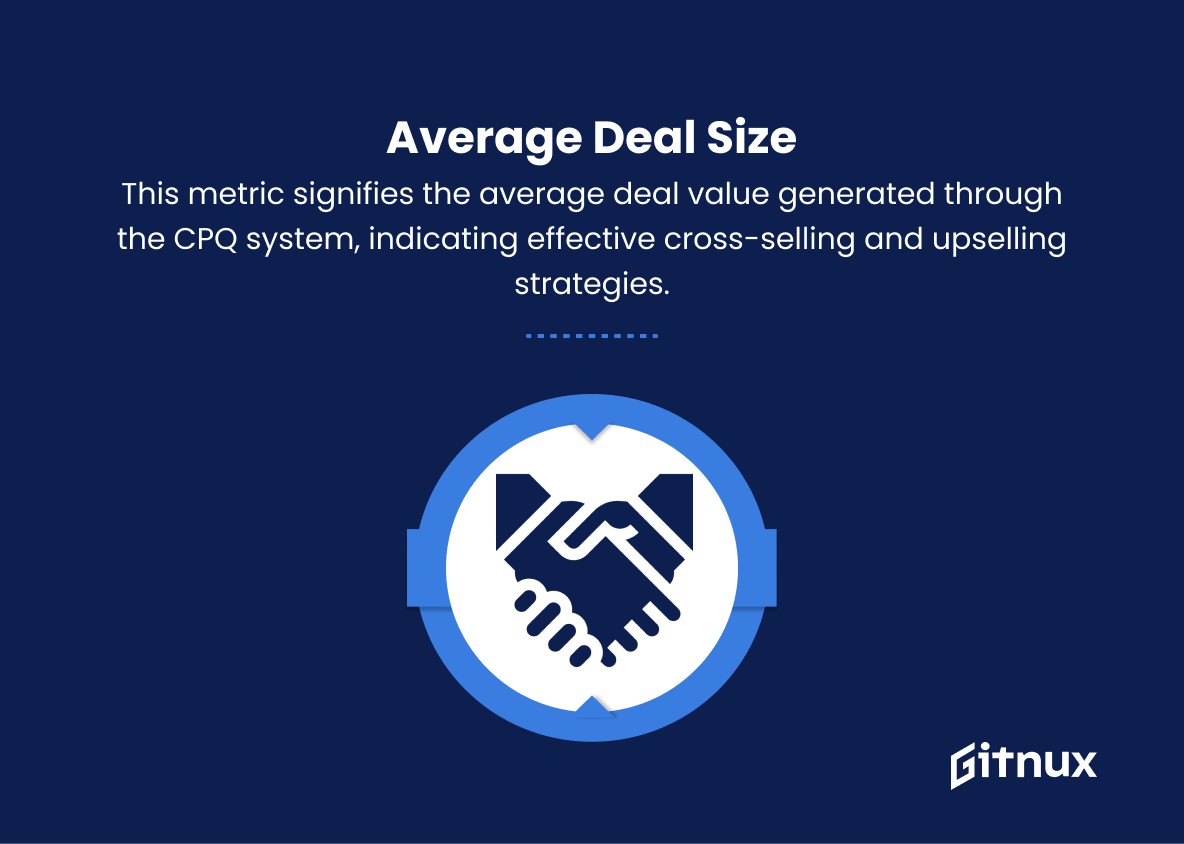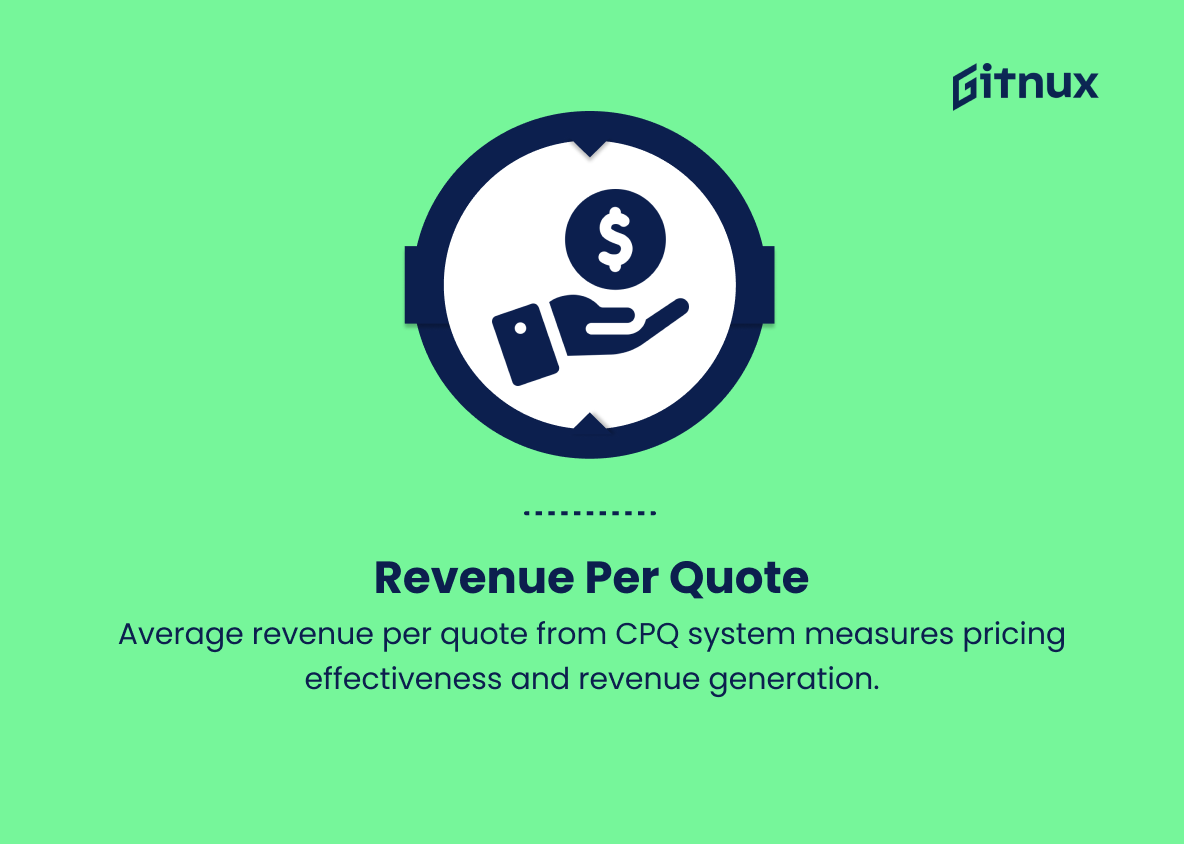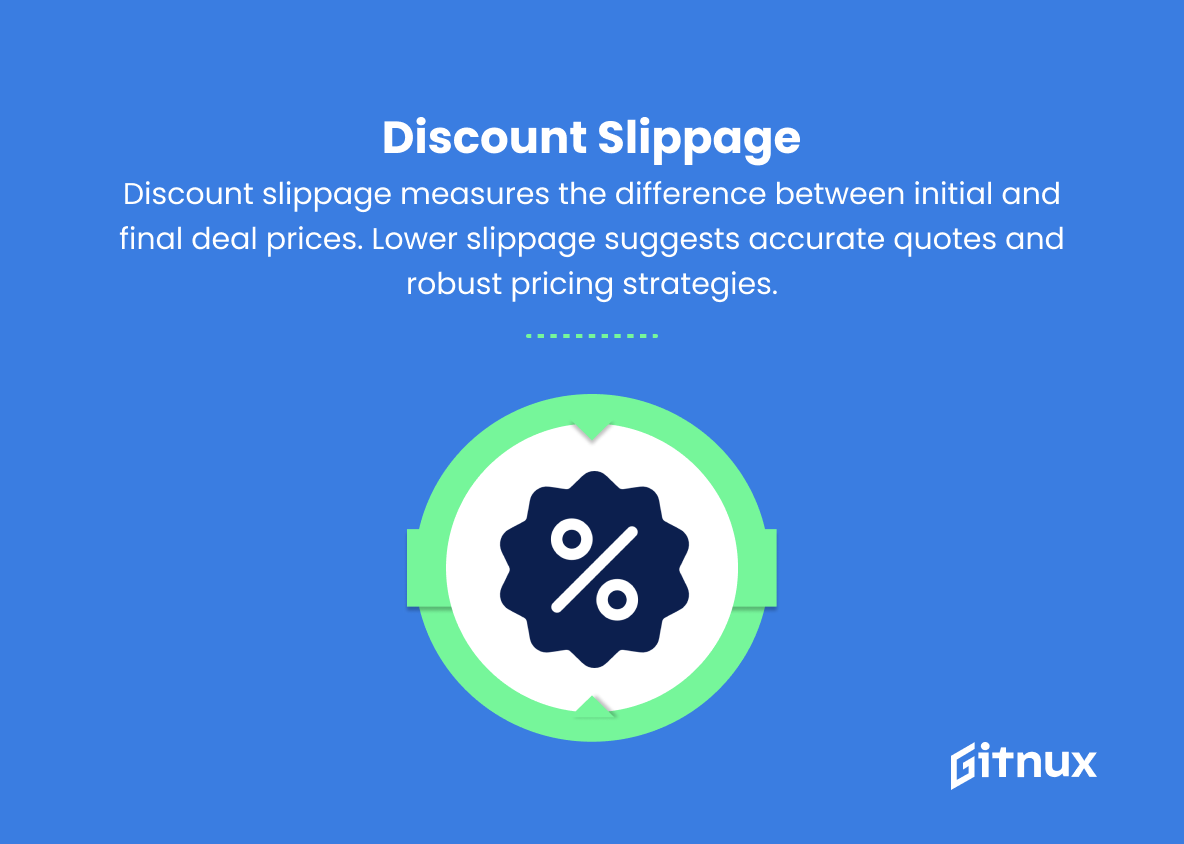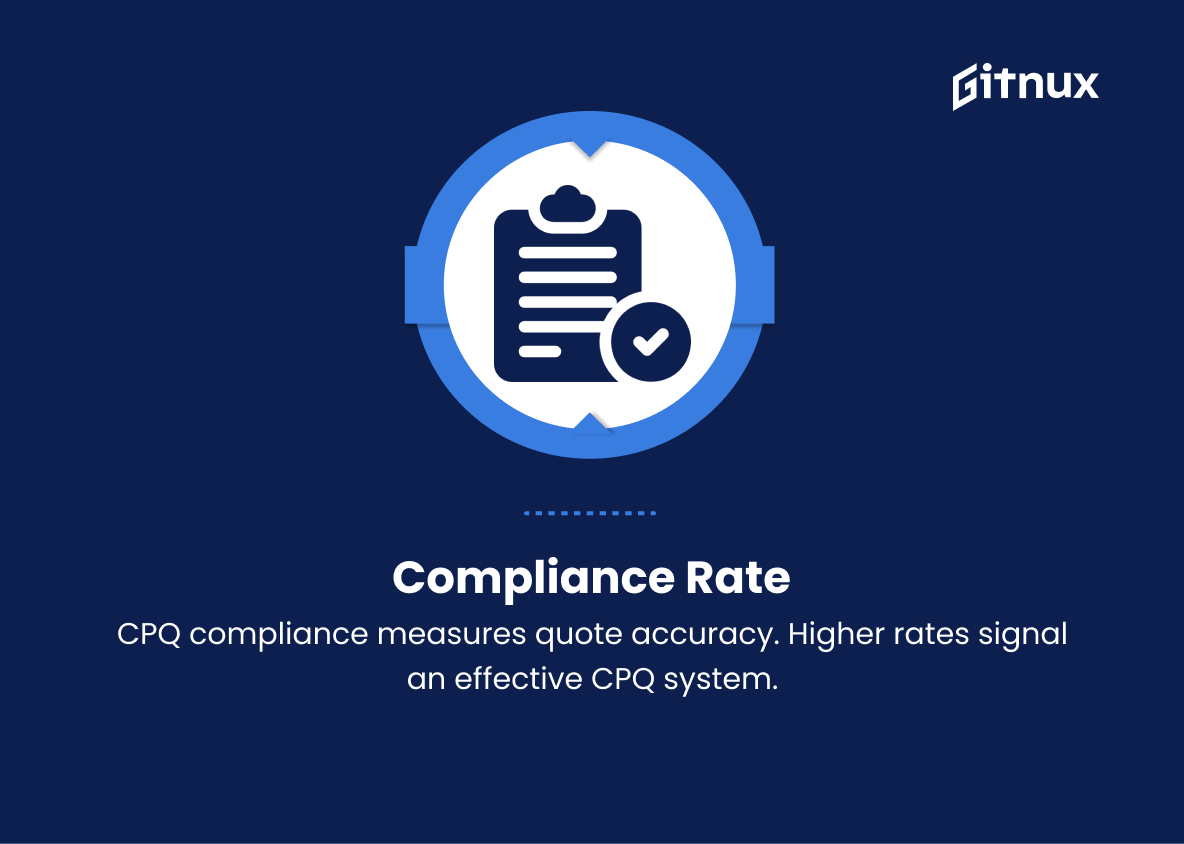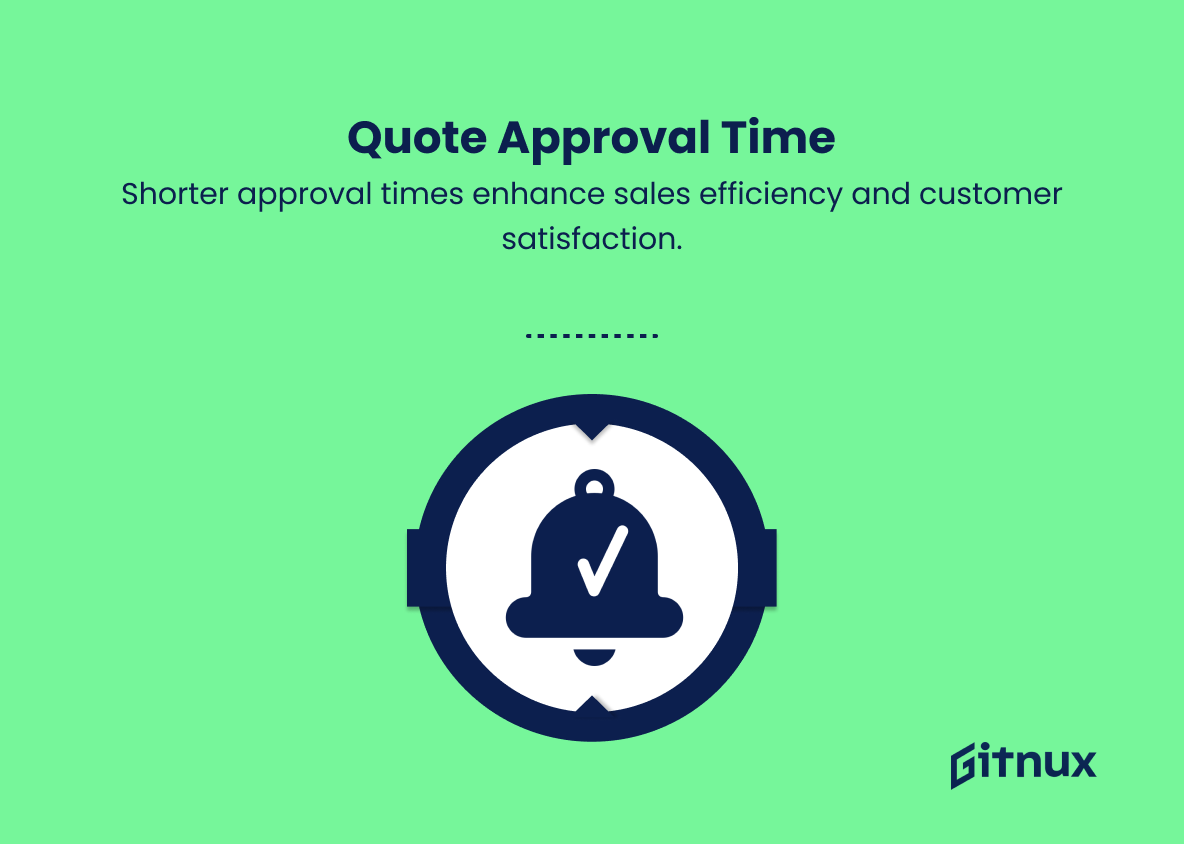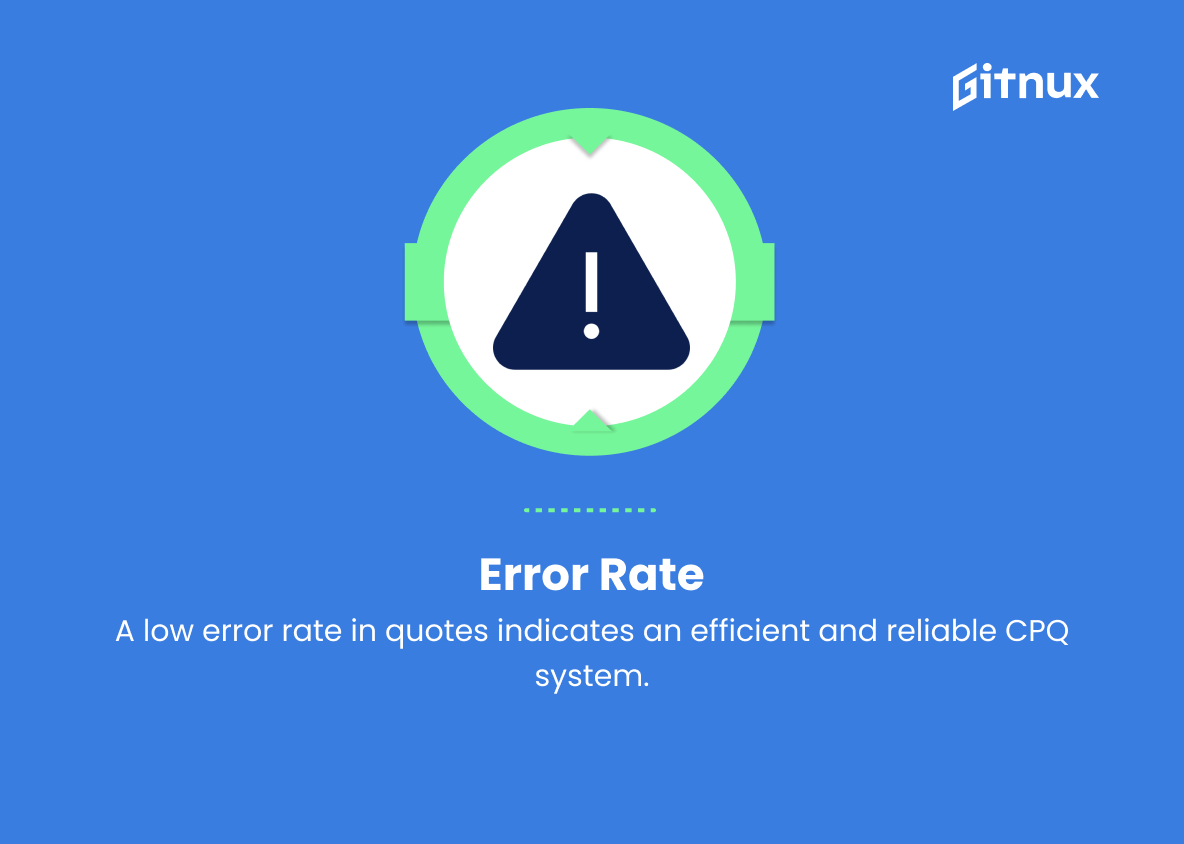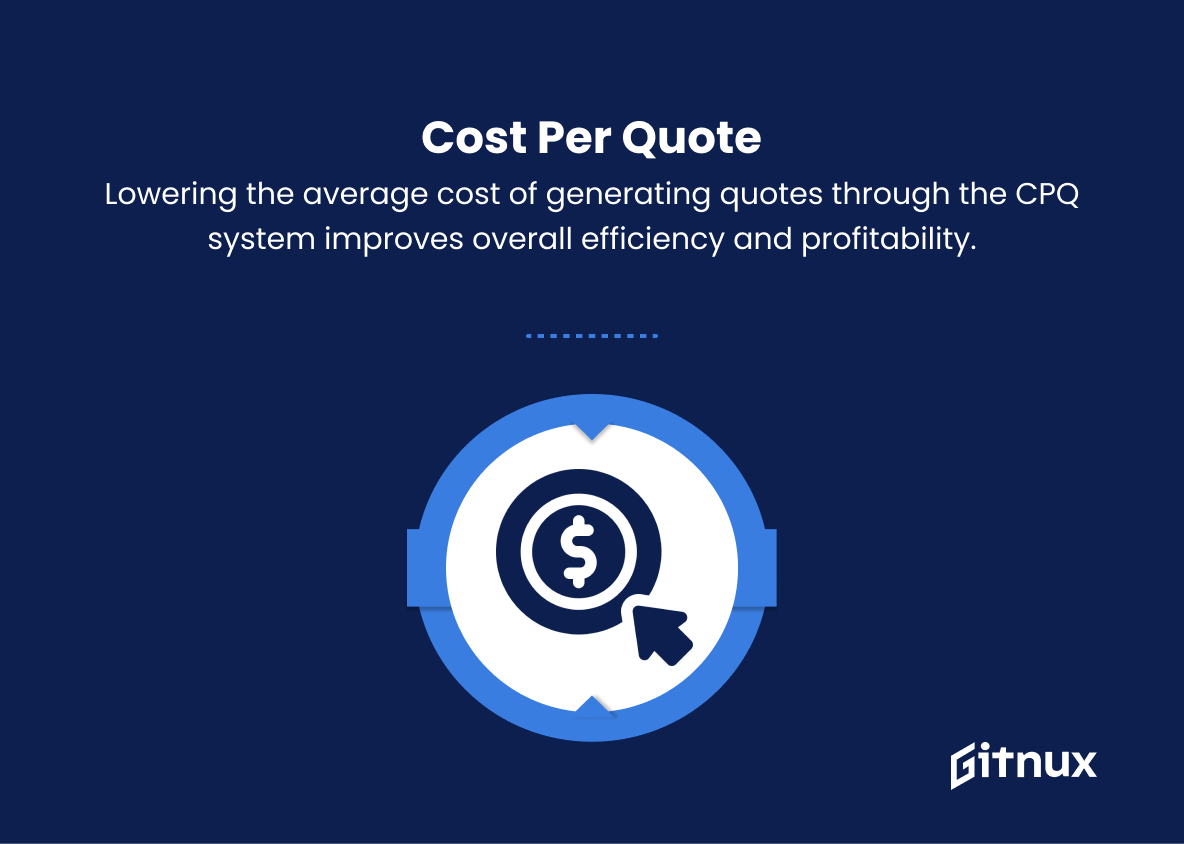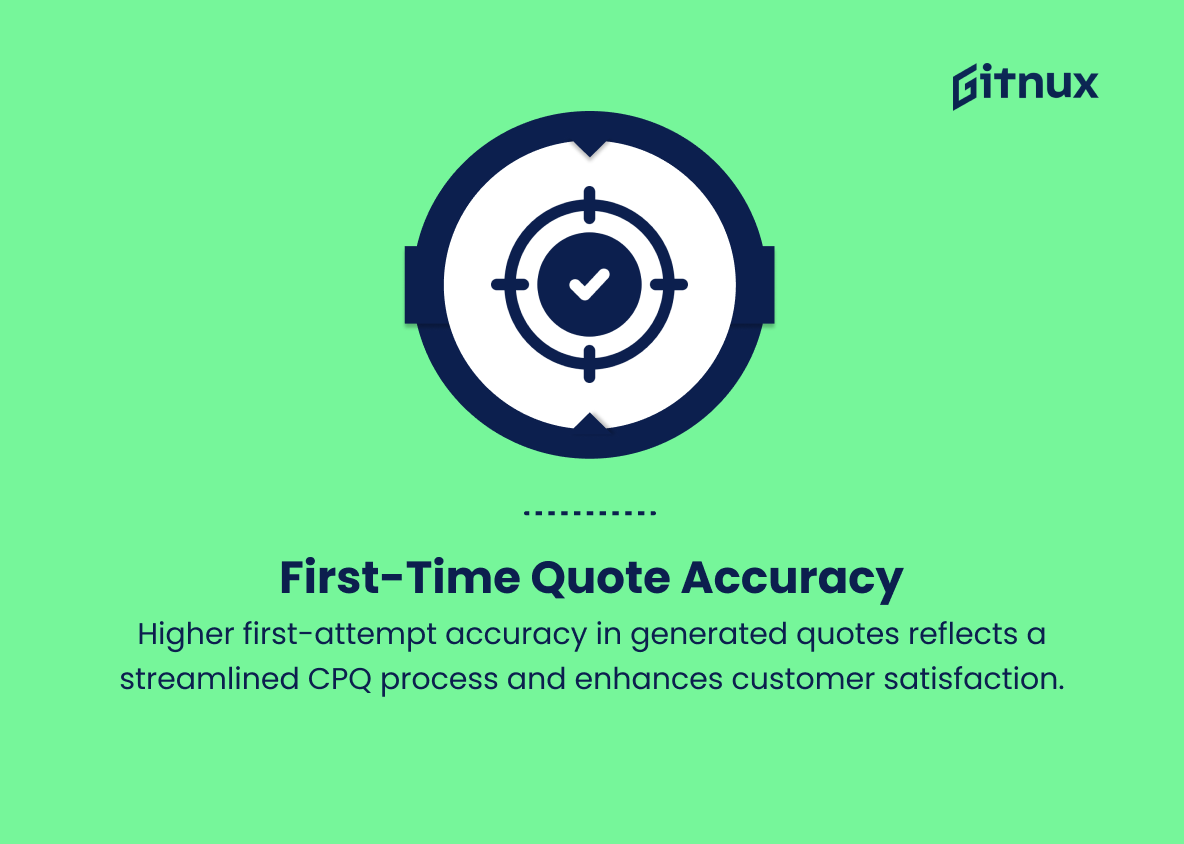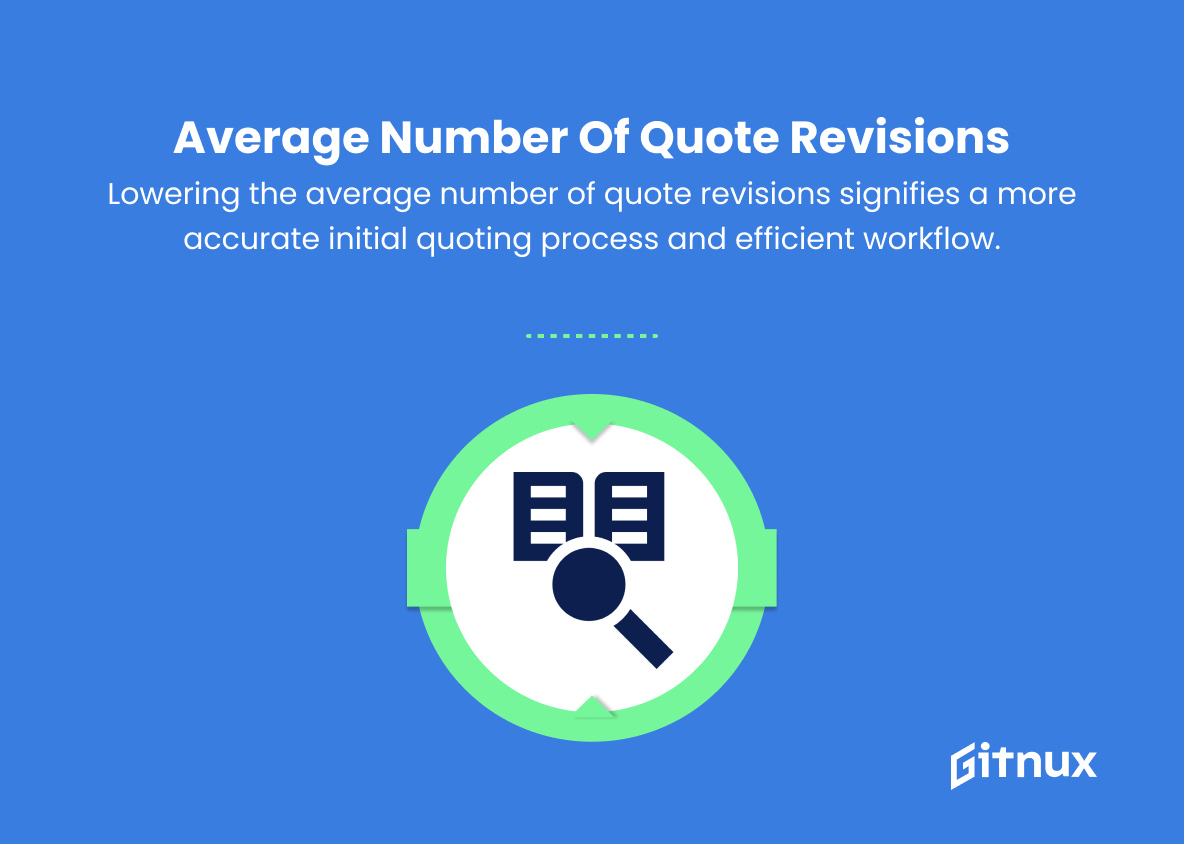In today’s highly competitive business landscape, maintaining a constant pulse on performance is crucial for organizational growth and sustainability. One of the most essential tools for measuring this progress is through Key Performance Indicators (KPIs). As companies increasingly rely on Customer Success to drive results, it is critical to evaluate the efficacy of your Customer Success efforts with the appropriate KPIs.
Within this domain, the realm of Closed-Loop Feedback and CPQ (Configure, Price, Quote) software deserves special attention. This blog post will dive deep into the world of CPQ KPIs, how they impact your overall business goals, and the strategic tips to optimize them for success.
CPQ KPIs You Should Know
1. Quote processing time
The amount of time it takes from receiving a customer’s request to generating a quote for the customer. Shorter processing times indicate a more efficient CPQ (Configure, Price, Quote) process.
2. Quote-to-order conversion rate
The percentage of quotes that lead to actual orders. A higher rate indicates an effective CPQ process and a better ability to meet customer needs.
3. Number of quotes generated per sales rep
This measures the productivity of individual sales reps in initiating potential sales opportunities using the CPQ system. Higher numbers indicate better utilization of the CPQ tool.
In today’s highly competitive business landscape, maintaining a constant pulse on performance is crucial for organizational growth and sustainability.4. Average deal size
This refers to the average monetary value of deals generated through the CPQ system. Higher average deal sizes may suggest improved cross-selling, upselling, and bundling strategies.
5. Revenue per quote
The average revenue generated per quote provided by the CPQ system. This KPI helps determine the effectiveness of your pricing strategies and overall CPQ system in generating revenue.
6. Discount slippage
The difference between the initially offered quote price and the final negotiated deal price. Lower discount slippage means less negotiation and fewer discounts given, indicating a stronger pricing strategy and accurate initial quotes.
7. Compliance rate
The percentage of quotes generated that meet the organization’s pricing, discounting, and product configuration rules. A higher compliance rate suggests a more accurate and efficient CPQ system.
8. Quote approval time
The time it takes for a quote to be reviewed and approved by a manager or another authorized person. Reducing approval times can help speed up the sales process and increase customer satisfaction.
9. Error rate
The percentage of quotes generated with errors, such as incorrect product configurations, pricing mistakes, or discount discrepancies. A low error rate indicates a reliable and efficient CPQ system.
10. Cost per quote
The average cost associated with generating a quote using the CPQ system, including factors like labor, software costs, and maintenance. Lowering this cost improves the overall efficiency and profitability of the CPQ process.
11. First-time quote accuracy
The percentage of quotes generated correctly on the first attempt, without subsequent revisions or adjustments. A higher rate indicates a more streamlined CPQ process and greater customer satisfaction.
12. Average number of quote revisions
This KPI measures the average number of times a quote is revised before it becomes an order. A lower number suggests a more accurate initial quoting process and less time spent on revisions.
One of the most essential tools for measuring this progress is through Key Performance Indicators (KPIs).CPQ KPIs Explained
The importance of CPQ KPIs lies in their ability to provide insight into the effectiveness and efficiency of an organization’s Configure, Price, Quote process. Key indicators, such as quote processing time and error rate, reveal how well a company responds to customer requests and the reliability of the CPQ system. Metrics that measure sales rep productivity and revenue generation, like quote-to-order conversion rate and average deal size, reflect an organization’s ability to meet customer needs and maximize profit. Refining pricing strategies and reducing negotiation can be assessed by tracking discount slippage and compliance rate.
Ensuring a smooth sales process and increasing customer satisfaction can be achieved by focusing on improving quote approval time and first-time quote accuracy. Finally, monitoring cost per quote and the average number of quote revisions allows a business to optimize its CPQ process for greater overall efficiency and profitability. By closely examining these CPQ KPIs, an organization can make data-driven decisions to enhance its sales process and ultimately achieve better business outcomes.
Conclusion
In summary, understanding and tracking the right CPQ KPIs is essential for businesses to thrive in today’s competitive marketplace. By closely monitoring key performance indicators such as quote conversion rate, quote error rate, average sales cycle, and upsell revenue, organizations can optimize their CPQ processes and significantly boost sales performance.
Companies that invest in analyzing and improving their CPQ metrics will reap the rewards of streamlined sales cycles, increased customer satisfaction, and ultimately, sustained business growth. Do not underestimate the power of data-driven insights when it comes to improving your CPQ strategy—knowledge is power, and measurements truly matter.
